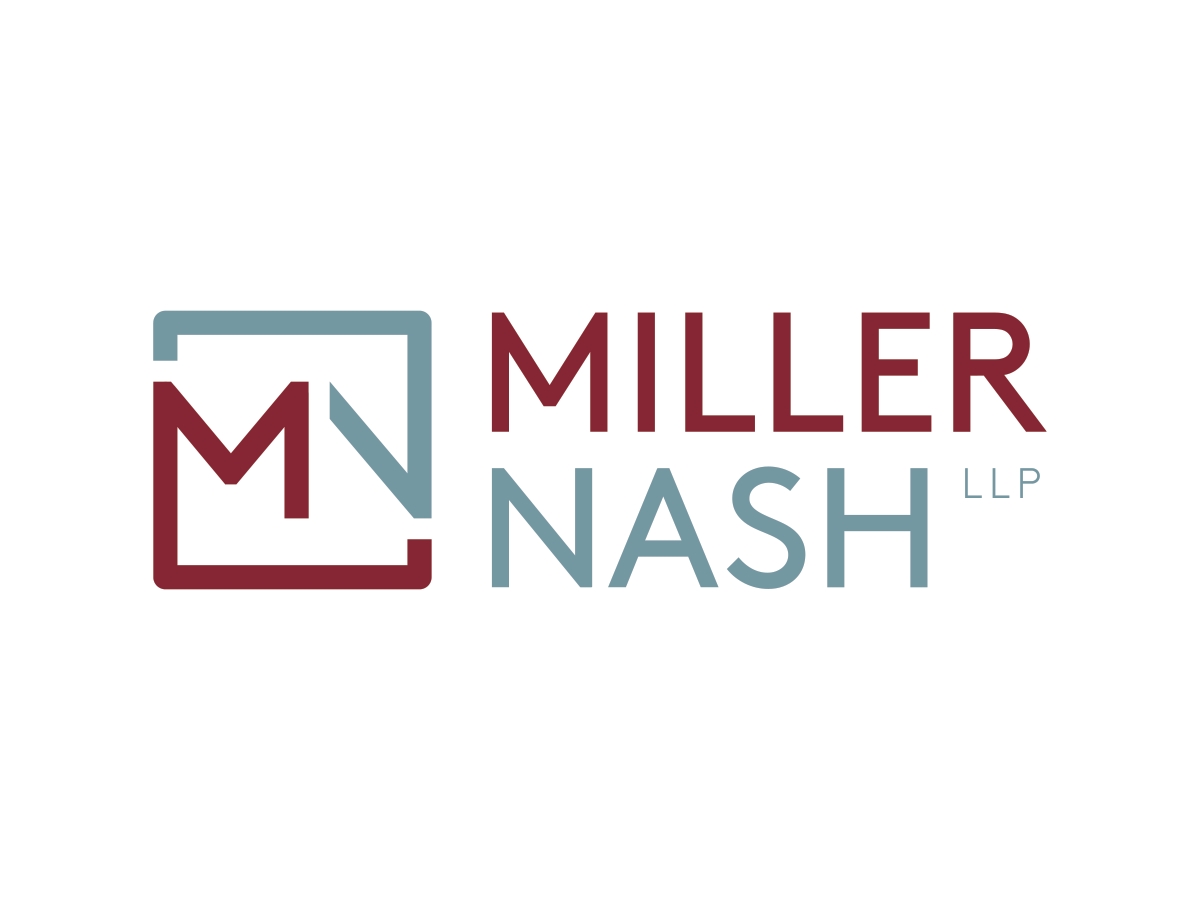A Tax Trade, A Guide On Equity, And Enabling ABLE
Proposed: A tariff for an income tax. Presumptive Republican presidential nominee Donald Trump shared an idea for an “all-tariff policy” in a private meeting with Republican lawmakers yesterday. The idea is to replace the federal income tax and perhaps use the tariffs to gain negotiating leverage over bad actors.
TPC report guides understanding of racial disparities in the federal income tax system. TPC’s Aravind Boddupalli, Janet Holtzblatt, and Lillian Hunter show how 12 features of the federal individual income tax system—including preferences for capital gains, private businesses, and higher education—mitigate or exacerbate disparities between Black, Latine, and White families both across and within income groups. They also examine several reforms that could improve racial equity.
A measure to enable permanence in the ABLE Act. Sens. Eric Schmitt (R-MO) and Bob Casey (D-PA) are leading a bipartisan effort to permanently extend key provisions of the ABLE (Achieving a Better Life Experience) Act. Since 2015, the law has allowed states to create tax-advantaged savings programs for eligible people with disabilities, much like those available for K-12 and college students under Section 529 of the Internal Revenue Code. The Ensuring Nationwide Access to a Better Life Experience (ENABLE) Act would make key ABLE account provisions permanent, including rollovers from Section 529 college savings programs. would make key ABLE account provisions permanent, including rollovers from Section 529 college savings programs.
Oxford University: Private capital firms have avoided income taxes on over $1 trillion in carried interest since 2000. New research from the Oxford University Said School of Business finds that fund groups dedicated to private investment strategies—like buyout firms or venture capital firms—have earned more than $1 trillion in carried interest pay for nearly 25 years. In the US, carried interest is subject to the long-term capital gains tax rate of 20 percent, rather than the ordinary income tax and the top rate of 37 percent. Private capital firms save hundreds of billions of dollars in taxes as a result.
States wager that sports betting will continue to boost revenue. States with legal online sports betting—a $16 billion industry—are considering or have enacted tax policies to accommodate the growing demand. Illinois now levies a progressive tax rate from 20 percent to 40 percent on adjusted gross revenue for online sports betting companies, up from a flat 15 percent rate. New Jersey may double its tax rate to 30 percent. The Associated Press report examines the landscape and whether online betting platforms like FanDuel and DraftKings be able to ante up.
For the latest tax news, subscribe to the Tax Policy Center’s Daily Deduction. Sign up here to have it delivered to your inbox weekdays at 8:00 am (Mondays only when Congress is in recess). We welcome tips on new research or other news. Email Renu Zaretsky.






